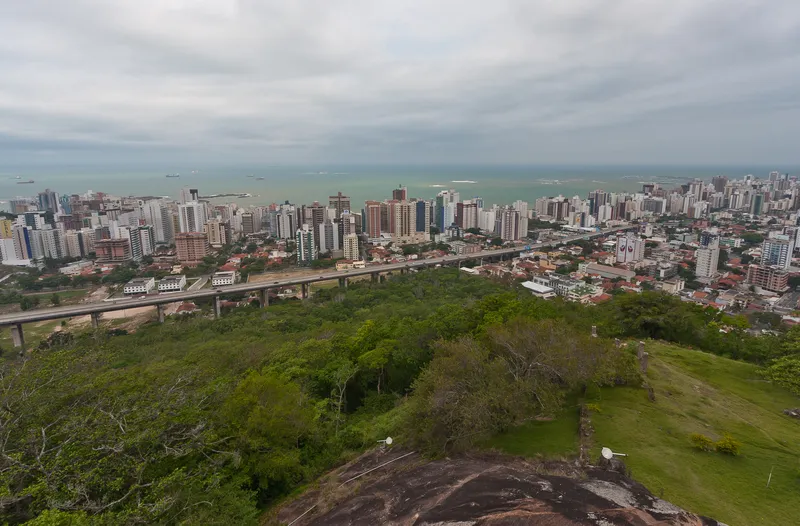A report from insurance firm AIG warns that up to half of Colombia's 4G highway concessions could face financial hurdles due to over-estimated predictions of traffic flows. Colombia is at present putting out to tender its fourth generation (4G) concessions, which involve some US$25 billion in investment, reports Business News America. This investment is impressive and is Latin America's biggest move to expand and improve road infrastructure. But while many companies have shown interest and were prequalified
June 13, 2014
Read time: 3 mins
A report from insurance firm AIG warns that up to half of Colombia's 4G highway concessions could face financial hurdles due to over-estimated predictions of traffic flows. Colombia is at present putting out to tender its fourth generation (4G) concessions, which involve some US$25 billion in investment, reports Business News America. This investment is impressive and is Latin America's biggest move to expand and improve road infrastructure. But while many companies have shown interest and were prequalified in the process, only a few groups submitted bids in the first tenders. The government has changed tender rules to ease financial access, and Latin 4900 American Development Bank CAF has said it would consider the creation of a private capital fund, with between $1 billion and $3 billion, to help finance the projects. The Plan calls for the construction of 8,000km of roads, with 1,200km of four-lane highways. Most of the projects are public-private partnerships. Once the concessions are awarded, works are expected to begin in 2015 and take until the end of the decade.
Meanwhile Colombia's National Infrastructure Agency (ANI) has submitted a project suggested by construction firm3214 Odinsa for the Los Llanos route for approval. ANI hopes that the assessment will be concluded by late June 2014. If the project is approved, there will be a two-month period allowing other firms to bid. In the event that a better offer is made, there will be a quick selection process. Should no competitors emerge, Odinsa will be awarded the contract, as it proposed the project. This initiative is a 45km two-lane road and 71km single-lane road, plus 5km of bridges and maintenance of 264km. It will require $690.4 million, which will come from current toll revenues. Another such project being considered is the double-lane road between Ibague and Cajamarca propsed by Colpatria, Mincivil and other firms in the San Rafael concession. That project spans 35km including 16 tunnels and 14 bridges. Both projects could be awarded by September 2014 if there are no other offers. Private sector initiatives in the feasibility stage include the Cesar-Guajira connection put forth by 4882 El Condor, Corficolombiana's third sector of Bogota-Villavicencio and Cajamarca-La Paila, also by Odinsa. Awaiting approval are Cambao-Manizales by Promesa de Sociedad Futura Alternativas Viales for, Guaduas-Puerto Bogota by Concesion Sabana de Occidente, the Antioquia-Bolivar connection, also El Condor, and Tunja-Puerto Araujo by VM Colombia Logistica. The Boyaca bridge project presented by 3222 CSS Constructores for, third lane for Bogota-Girardot by Infracon for and the Sabana Norte road project by Promesa de Sociedad Futura Accenorte are all in the pre-feasibility stage. The ANI is starting its assessment of the Tunja-Chiquinquira project by Promesa de Sociedad Futura Transversales de Boyaca, Valledupar-La Paz by Pavcol and Villeta-Puerto Salgar by Promesa Sociedad Futura Conexion Vial del Sol.
Meanwhile Colombia's National Infrastructure Agency (ANI) has submitted a project suggested by construction firm








